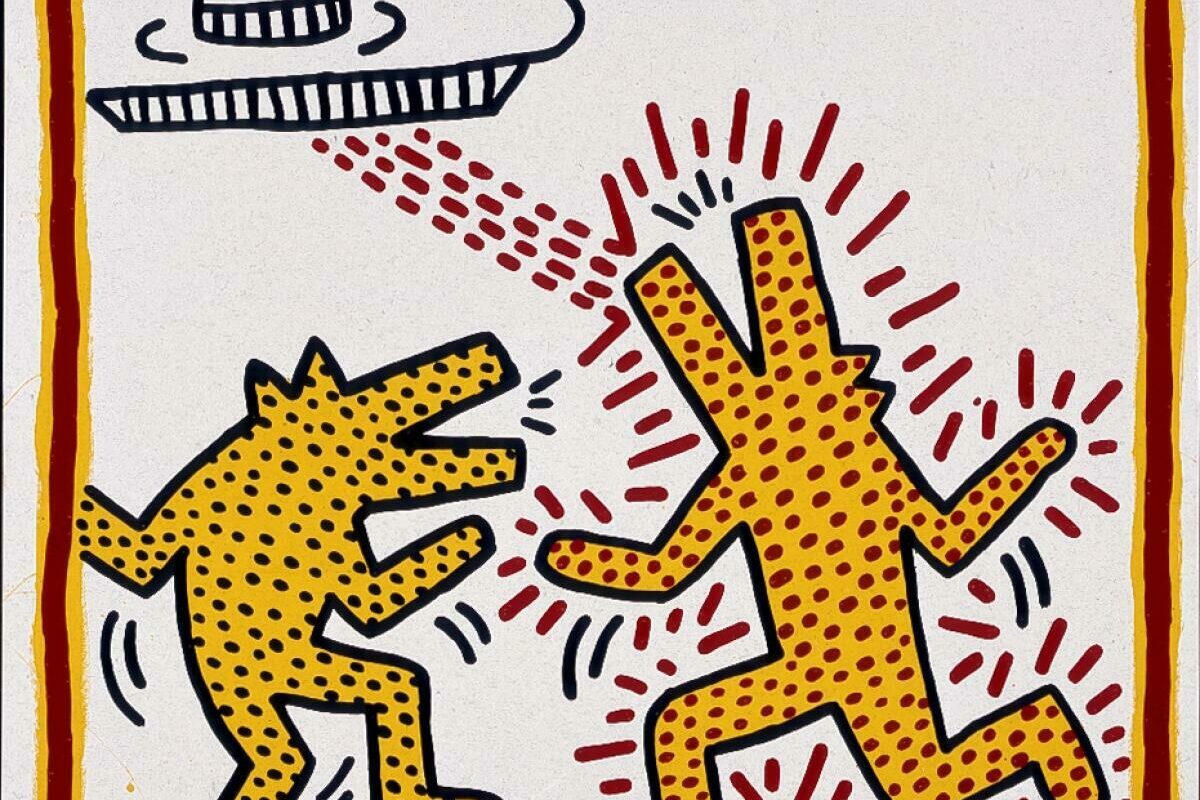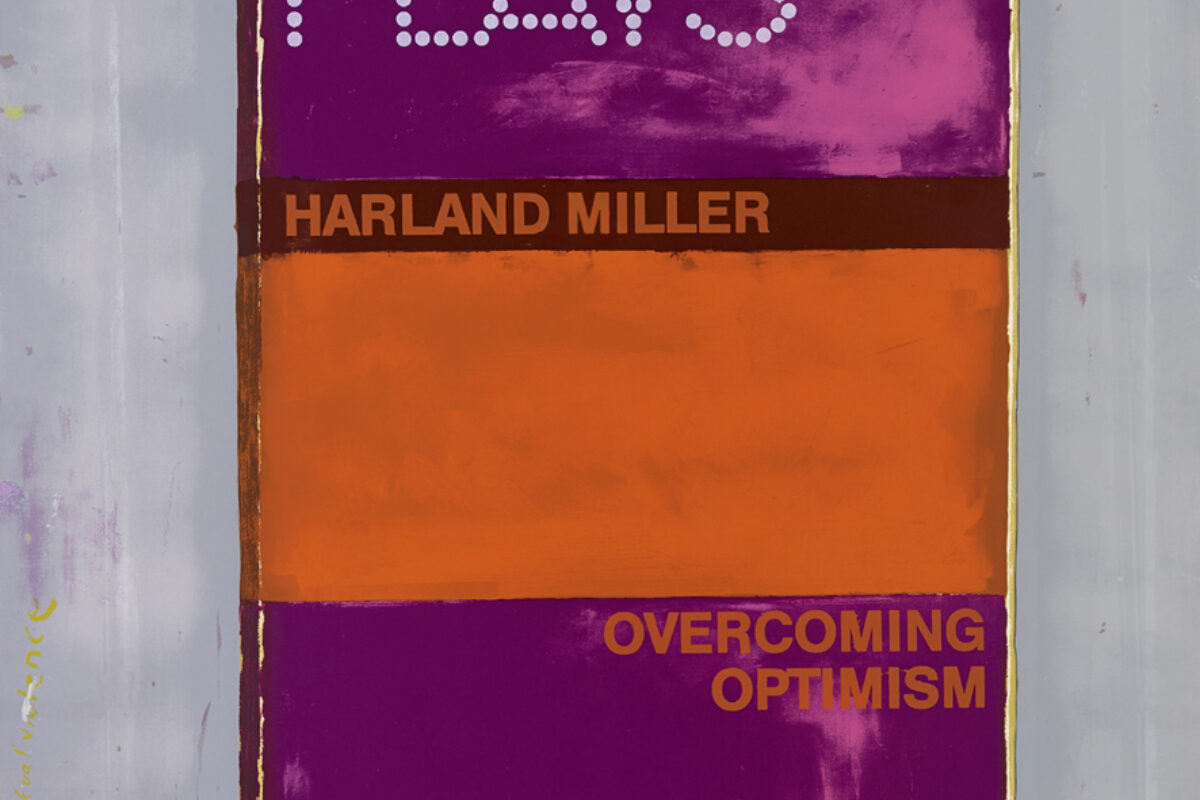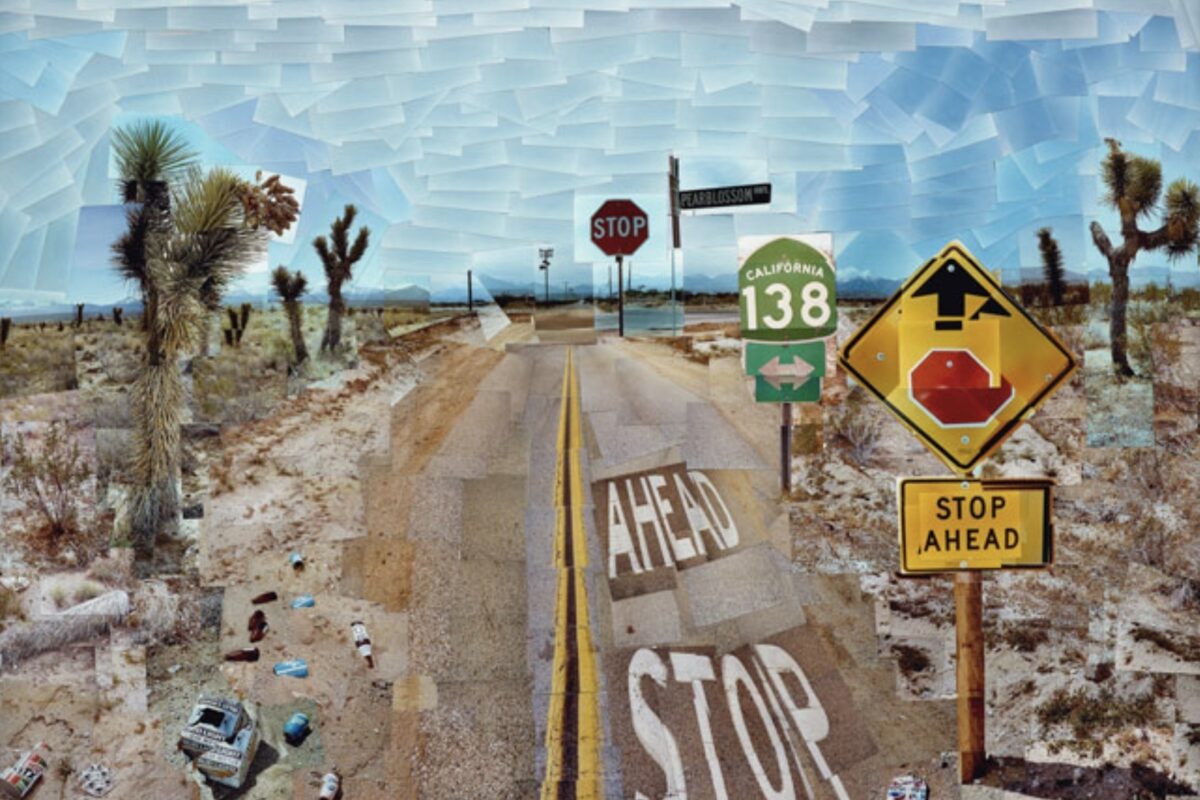More editorials about Tim Fishlock
Artists
Food Meets Art
7 Aug 2023 | 4 min read
Artists
Art For The Seasons
11 May 2023 | 4 min read
Artists
All Things Bright and Beautiful
10 May 2023 | 3 min read
Artists
Text Art: A Brief Timeline
20 Apr 2023 | 4 min read
Lifestyle
Hang-Up's Highlights of 2022
15 Dec 2022
Artists
Notes on a Picture
27 Sep 2022
Exhibitions
Exhibition Review 2022 | Pick of the Shows
26 Jul 2022
Exhibitions
PARADISE VERSION by Tim Fishlock | Private View
4 Apr 2022
Artists
Tim Fishlock | Exploring Paradise
4 Apr 2022
More from Artists
Artists
Haring Decoded: The Symbolism of His Iconic Dog
12 Aug 2025 | 2 min read

Artists
Happy Birthday Andy Warhol, The King of Pop Art
6 Aug 2025

Artists
The Psychology of Kusama
14 Jul 2025 | 3 min read

Artists
From Rothko to Ruscha: Unpacking Harland Miller’s Influences
10 Jul 2025 | 3 min read

Artists
Decoded: David Shrigley
8 Jul 2025 | 2 min read

Artists
Is David Hockney the Most Important Living Artist?
2 Jul 2025

Artists
Top 10 Selling Warhol Sets
15 Jun 2025 | 2 min read

Artists
David Hockney | 5 Groundbreaking Moments
23 Apr 2025 | 3 min read

Artists
Yayoi Kusama breaks records with the most successful exhibition in Australian history
17 Apr 2025
